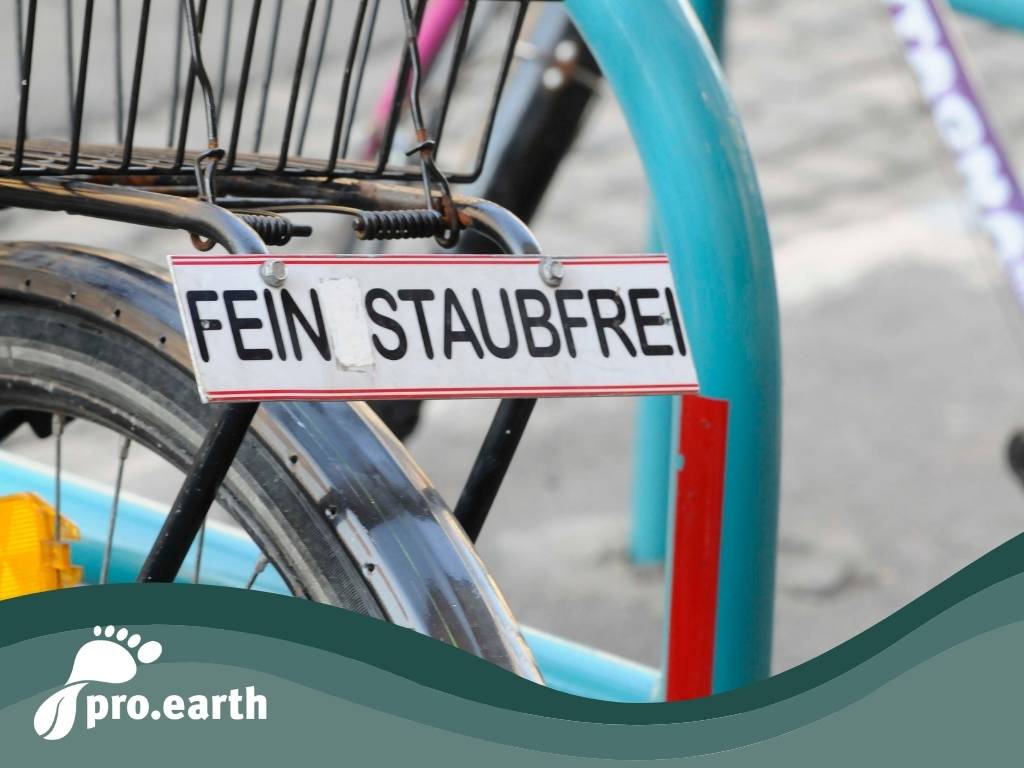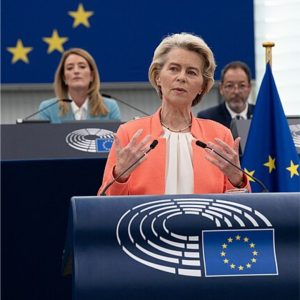Stockholm: We have to stay outside

From December 31, 2024, cars with diesel or petrol engines will no longer be allowed to drive in part of Stockholm's city center. Only e-cars and biogas vehicles will then be permitted. This makes the Swedish capital the first city in the world to take this radical step. This measure is intended to drastically reduce particulate pollution in particular.
This was reported by the Swedish news agency TT and the radio station SVT. The aim of the ban issued by the red-green city council is to create a better air and noise environment, traffic councillor Lars Strömgren told SVT.
"Today, the air in Stockholm causes babies to have sick lungs and elderly people to die prematurely," Strömgren said in a statement quoted by the AFP news agency. "We must limit the harmful exhaust fumes from gasoline and diesel vehicles." The ban applies in an area "with many pedestrians and cyclists, where the air quality must be better", Strömgren said. The decision is being made "to make Stockholm more beautiful and healthier, but we are also making it to slow down climate change and reduce emissions for Stockholmers."
The problem of particulate matter
According to the Federal Environment Agency, it has been proven that particulate matter can be harmful to health. The smaller the particles are, the deeper they can penetrate into the respiratory tract. While larger particles are trapped in the nose, finer particles (particles smaller than 2.5 micrometers) can penetrate deeper into the lungs: into the bronchi, bronchioles and also into the alveoli.
Ultrafine particles (particles smaller than 100 nanometers) also penetrate into deep cell levels of the lungs and can also enter the blood or lymphatic system from there. The smaller the particles are, the less likely it is that they will be exhaled again or that the cleansing cells of the lungs will recognize and fight them.
This can lead to irritation of the mucous membranes, local inflammation in the trachea and bronchial tubes and even an increased tendency to thrombosis or changes in the autonomic nervous system.
"The World Health Organization (WHO) has determined in studies that there is no concentration of particulate matter (in relation to PM10 and PM2.5) below which a harmful effect can be ruled out. Particulate matter pollution should therefore be as low as possible in order to minimize harmful effects on health," concludes the Federal Environment Agency.
Stockholm city area
The affected area - the so-called Class 3 environmental zone - covers around 20 blocks between four shopping streets Kungsgatan, Birger Jarlsgatan, Hamngatan and Sveavägen and also the financial district. "This is also a part of the city where we see that there is a lot of interest in faster electrification, with players who can drive the transition," the politician continued. Now that electric vehicles are quieter, he also hopes that more delivery traffic can take place at night. "This will also reduce congestion on the roads in the city center." There should only be exceptions for care and security services, the police and ambulances.
This first step is to be followed by further measures in mid-2025. However, it is not yet clear exactly which ones.
However, the plans are not controversial here either: The conservative opposition in the capital spoke of "ideological symbolic politics" and the Swedish Association of Transport Companies criticized in a statement that the Greens and the city of Stockholm "are in far too much of a hurry". After all, the transport sector has reduced its emissions by 34 percent since 2010.
Measures taken by other cities: tolls, blocks, premiums
Other major cities have similar plans to push combustion cars out of the city centers.
Brussels, for example, is pursuing a multi-stage plan up to 2035: Euro 5 diesels are to be banned from the city from 2025, followed by all diesels in 2030 and finally petrol cars in 2035. From 20235, Brussels would also only be allowed to drive electric cars - just like in Stockholm.
The British capital London has introduced a toll for particularly polluting cars, where a so-called "ultra-low emission zone" was imposed on the entire city area at the end of August - since then, a fee has been payable for particularly dirty combustion cars.
Barcelona is pursuing another strategy: entire streets are being combined into so-called "superblocks" and converted into traffic-calmed zones.
In many German cities - including Berlin - the trend is moving in the opposite direction and environmental zones are being abolished in some cases because air quality has improved.
In Paris, great progress has been made in the transport transition in recent years. The "abolition bonus" introduced nationwide has also contributed to this, whereby anyone who gives up their car receives a subsidy to buy a bicycle. The bonus can be up to 4000 euros depending on income.






